Supportive Organizations for Prehealth and Health Professional Students from Disadvantaged Backgrounds
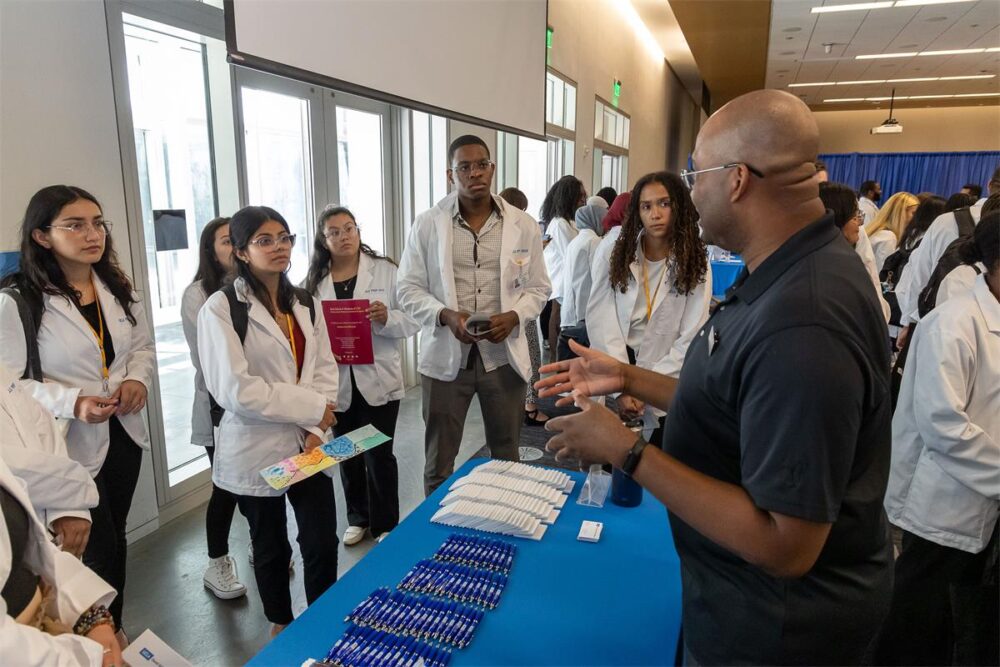
Apr 2024
Article By: Sidney Brown, OMS-II
Minor and Bonnin (2022) highlight the pivotal role mentors and advisors play in enhancing the performance of underrepresented medical students. Fortunately, organizations are dedicated to supporting and guiding prehealth and current health professionals from disadvantaged backgrounds. To shed light on these valuable resources, I interviewed students from diverse backgrounds to explore their experiences within these professional organizations.
Student National Dental Association (SNDA)

Christine Anusim is a fourth-year dental student at UTHealth-Houston School of Dentistry. She describes her experience in the UTSD SNDA:
“Being a member of the Student National Dental Association’s (SNDA) local and national chapters has taught me a lot about the history of being a dentist as a minority. While our percentage in the field is small, I can feel it growing because of the mentorship, encouragement, and faith our predecessors have for us. My school has a very small community of Black and African-American individuals in both the student and faculty realms, but there is an interconnectedness I feel for pushing each other to increase our greatness and expand our knowledge in the field. Organizations such as the SNDA and programs such as the Summer Health Professions Education Program (SHPEP) really help young people expand their horizons and exposure to what they can do as careers in the future, and I would recommend everyone to engage in enrichment programs. Believe it or not, my participation in the SHPEP summer program in 2017 helped me solidify my decision to enter dentistry, and I am grateful for that opportunity every day.”
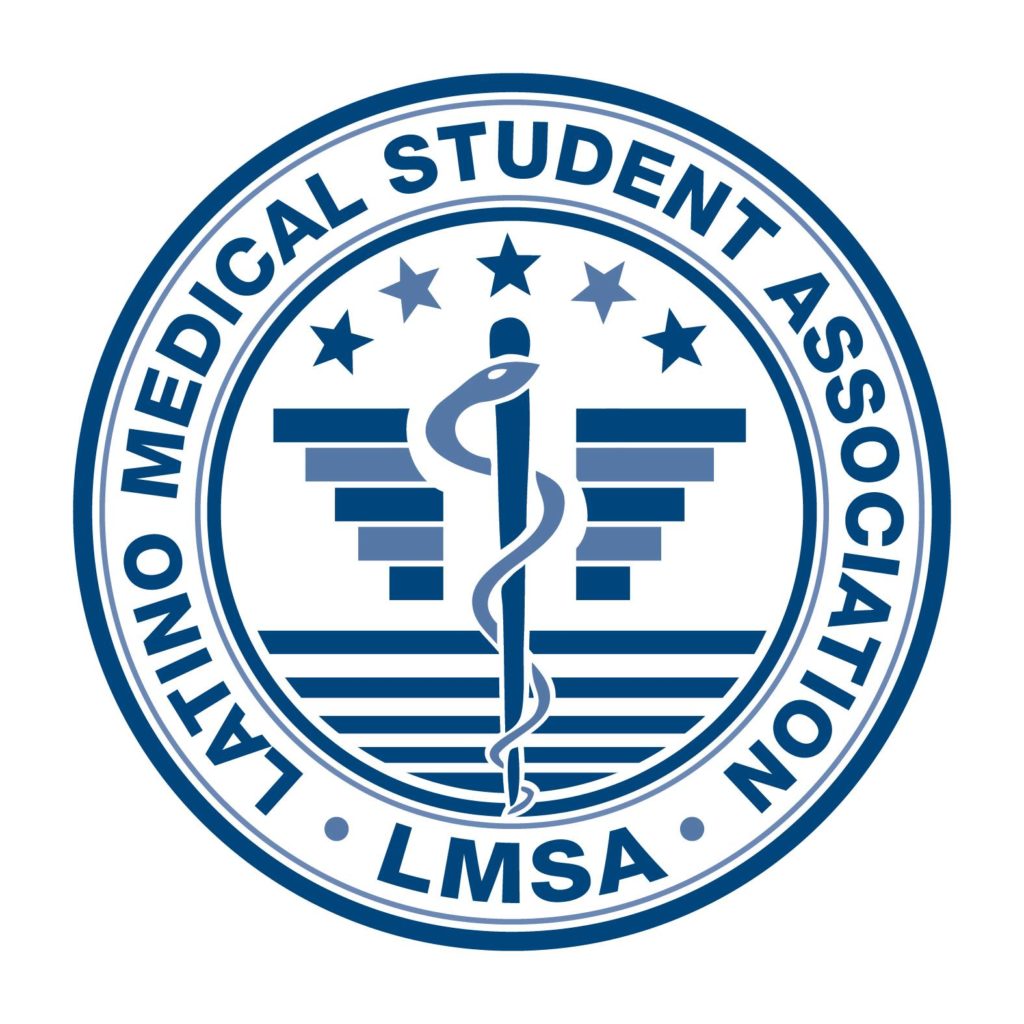
Latino Medical Student Association (LMSA)
Mariam Daud is a second-year student at William Carey University College of Osteopathic Medicine. She is involved in the school’s local LMSA chapter. Here she describes her experience:
“I am thankful for LMSA because it encourages Hispanic students to ask for support, seek mentors, and feel more empowered overall in their education. An event I’ve particularly enjoyed is the Spanish language workshop because it allows us to discuss any language and cultural barriers that may exist in the medical setting. Even as someone who spoke Spanish as their first language, medical Spanish has still proven to be a challenge. Knowing that myself and my peers will be better equipped to communicate with and assist our future Hispanic/Spanish-speaking patients gives me comfort.”
Student National Medical Association (SNMA)
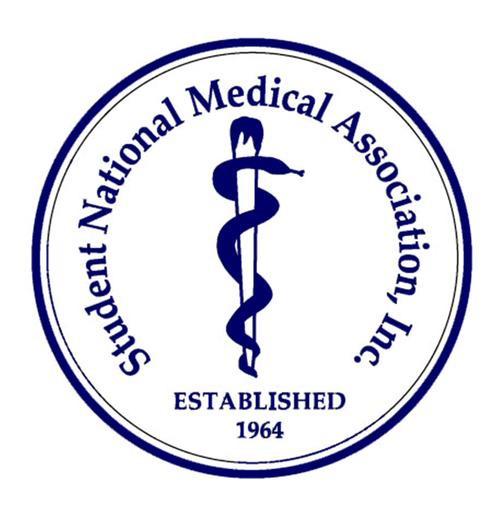
Korey Walter is a second-year student at William Carey University College of Osteopathic Medicine. He serves as the WCUCOM Student National Medical Association (SNMA) President. He describes his journey with SNMA:
“Personally, SNMA has provided me the chance to be a leader, provide mentorship, and receive sponsorship from leaders in areas of medicine that I’m interested in. As an under-represented minority in medicine, SNMA gives me a sense of community and security so that I don’t feel isolated or out of place as a medical student. Joining SNMA can provide students with a wealth of opportunities, including scholarships, community service, research, and much more for all members. One of the great things about SNMA is that it’s a nationally based organization that supports undergraduates, current medical students, residents, faculty, and private physicians. So, if a member has a particular interest in a certain aspect of medicine, an affiliate can always provide guidance. As I continue to attend national and regional conferences within SNMA, I’m always overwhelmed with the support, networking, and resources. I trust that the relationships that I’ve built as a member of SNMA will continue to be an asset to my development as a physician.”
Minority Association of Pre-Medical Students (MAPS)
MAPS is a subset of SNMA.
Breanna Bailey is a second-year medical student at William Carey University College of Osteopathic Medicine. While at her alma mater, Dillard University, she served as a member of the Minority Association of Pre-Medical Students (MAPS). She describes her journey with MAPS:
“I am deeply grateful for the foundation laid by the MAPS program at my respective institution. Through MAPS, I have been endowed with invaluable resources and connections that have proven instrumental in my journey towards becoming a physician. The mentorship provided within the program has been nothing short of transformative, offering guidance, wisdom, and unwavering support every step of the way. Moreover, the clinical shadowing opportunities facilitated by MAPS have allowed me to gain firsthand experience in the medical field, honing my skills and solidifying my passion for patient care. As I navigate the complexities of medical school, I carry with me the lessons learned and the relationships forged through MAPS. Through the guidance and inspiration of MAPS, I am confident in my ability to make a meaningful difference in the lives of others as a future physician while advocating the importance of compassion, empathy, and integrity in patient care.”
Asian American Student Dental Association and Houston Asian American Dental Society
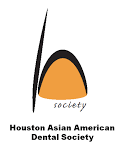
Tiffany Nguyen is a third-year dental student at UT Health Houston School of Dentistry. She serves as Treasurer of the UTSD Asian American Student Dental Association. She describes her experience:
“Joining AASDA has been one of the most enjoyable and rewarding experiences in my dental career thus far. Not having any family or connections in the dental field, I felt lost because I didn’t know how to navigate dental school. However, when I joined AASDA, I was touched by the warm welcome from the officers and upperclassmen. It truly meant a lot in my first year to have guidance in classes and in the clinic from upperclassmen who had already gone through it. Furthermore, I was shocked by the overwhelming support from the local dentists of the Houston Asian American Dental Society. They always offer a helping hand by speaking at our lunch and learns, allowing us to participate in volunteer opportunities such as dental screenings in the Houston area, and inviting us to their meetings to network with other Asian dentists. Hearing their stories inspires us as the future generation of dentists to give back to our community and stay true to our roots.”
Asian Pacific American Medical Student Association (APAMSA)
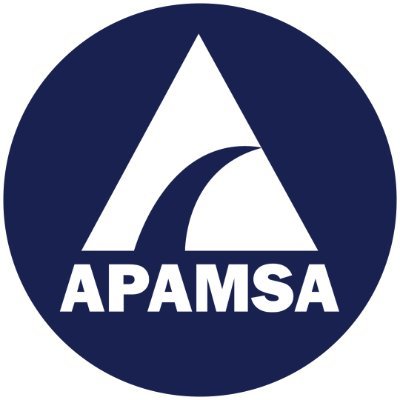
Minh Dang is a second-year student at William Carey University College of Osteopathic Medicine. She is involved in the local APAMSA chapter. Hear what she has to say:
“Initially, I joined seeking a sense of belonging and community within the vast landscape of medical school. However, what I found exceeded my expectations. For example, the annual Lunar New Year event provides a platform for cultural exchange, allowing us to learn about the customs, traditions, and food across different Asian cultures. It was heartwarming to celebrate such an important occasion with others while far away from home. We also collaborated with local organizations to provide education on preventative care and resources for accessing healthcare services. Witnessing the impact of our efforts firsthand helps us understand the importance of cultural competence in healthcare delivery.”
American Medical Women’s Association (AMWA)

Megha Rajput is a second-year medical student at William Carey University College of Osteopathic Medicine and a member of the school’s AMWA chapter. She shared:
“I joined the American Medical Women’s Association in hopes of meeting motivated women in medicine. What the organization does for the students is really inspiring. They give a platform to female physicians and student physicians at our school to collaborate together and get a sense of companionship. Recently, I received the opportunity to present one of my research projects at the American Medical Women’s Association Annual National meeting. Through the meeting, I met leaders in medicine from around the country who have faced some challenges as women in the medical field. They provided us with talks from congresswomen and women physicians who have faced adversity and still do. They are trying to reform the world of medicine. They have passed many bills that have already made a major change. I am very pleased with the opportunities provided by AMWA.”
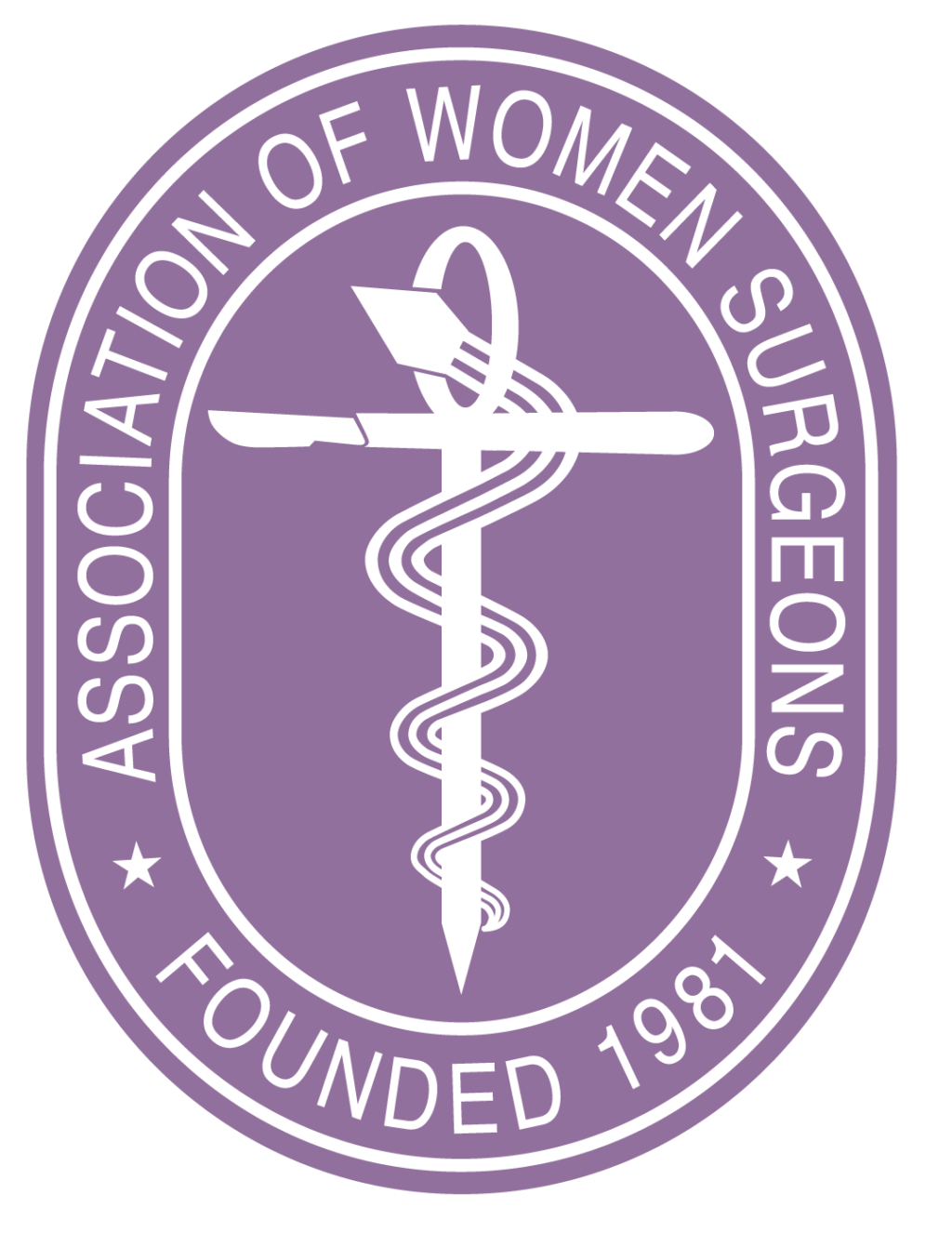
Association of Women Surgeons (AWS)
Jamie Hill is a second-year student at William Carey University College of Osteopathic Medicine. She serves as the WCUCOM Association of Women Surgeons Treasurer, and she shares:
“AWS has allowed me to explore the field of surgery unrestricted and without judgment. During our regular “Snack-and-Suture” events, I can express myself through the art of suturing in a supportive environment that fosters learning and creativity. Collaborating with women who share a similar interest in surgery motivates and reinforces my confidence in pursuing such a rigorous career. AWS has enabled me and many other members to recognize our true inclination toward surgery. I am thankful to AWS for continuing to inspire generations of future and current women surgeons.”
American Medical Student Association (AMSA)
Brooklynn Smith is an English Literature master’s student at the University of Southern Mississippi. She served as the Vice President of the USM AMSA chapter and participated locally and nationally in the organization’s programming. Here is what she has to say about her experience:

“I’m thankful for AMSA because of its dedication to helping students access opportunities and support. Growing up queer in a rural, Southern town severely limited my access to educational opportunities as a teenager. Even when transitioning to university, my access to resources, academic help, and social support was impacted by the broader culture of the area. I knew that I wanted to be a doctor focused on medical advocacy and activism. However, with my background of rural education and a family of low socioeconomic status, I had to find a way to balance all the requirements for medical school, maintain a rigorous research requirement for my scholarship, and work. With so many extracurriculars, work, school, and research responsibilities, I constantly fell behind on the track to medicine. Joining AMSA not only helped me catch back up to a competitive level but also gave me security and social support that were integral to my education.”
In closing, the voices and experiences shared by these students demonstrate the profound impact that supportive organizations can have on students from disadvantaged backgrounds pursuing careers in healthcare. These organizations provide valuable resources and opportunities for personal and professional growth and foster a sense of community and belonging. As we continue to strive for diversity, equity, and inclusion in the healthcare field, it is essential to recognize and support the efforts of these organizations in empowering the next generation of healthcare professionals.
Works Cited
Minor, S., & Bonnin, R. (2022). What Do Medical Students Want From a Mentor?. PRiMER (Leawood, Kan.), 6, 36. https://doi.org/10.22454/PRiMER.2022.552177
